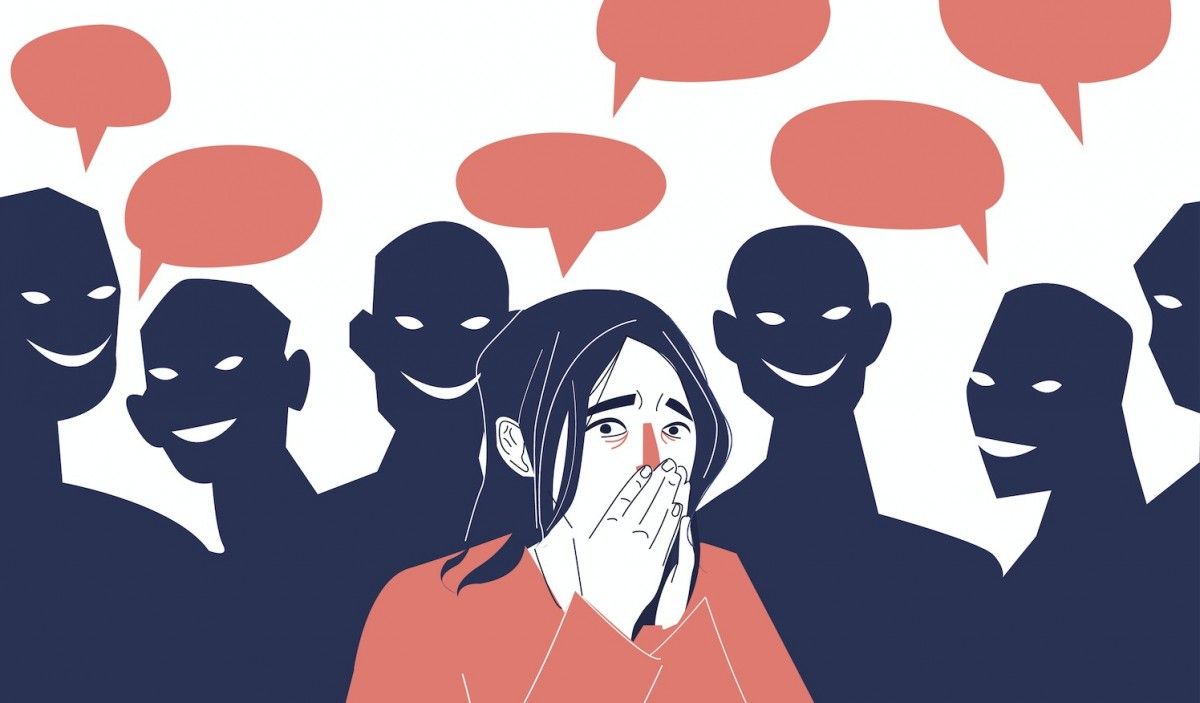How does anxiety disorder affects you?

Social anxiety affects many people in different ways. Some people are fine with one-on-one interactions while others have nightmares in large crowds. For some, symptoms of anxiety start weeks before they have to speak in public and others begin to panic before a party event. For others, anxiety can cause them to spend days and weeks agonizing over how they'll act or look.
Treatment options for social anxiety disorder
Treatment options for social anxiety disorder include medication and cognitive behavioral therapy. Cognitive behavioral therapy is often more effective than medication and has long-term effects that last even after the treatment is finished. Approximately 13 percent of the population suffers from social anxiety disorder. The best way to deal with social anxiety is to seek professional help early on.
Therapy may include a combination of cognitive behavior therapy (CBT) and exposure to different situations that induce anxiety. During therapy, the patient focuses on building up confidence and learning to deal with the fear. Therapy involves teamwork, so the patient and therapist work together to identify negative thoughts and work on modifying them. In addition, therapists will help patients focus on the present instead of worrying about the past.
SSRIs are also a common treatment option for social anxiety. These drugs are effective in treating social anxiety disorder when other treatments are not working. Another second-line treatment option is benzodiazepines, which calm the anxiety symptoms within a few hours.
Prevalence of social anxiety disorder in the U.S.
Although more awareness is being generated about social phobia, epidemiological data are sparse. While there is no one single cause of social anxiety, genetics are believed to play a role. Some researchers believe that social phobia may be caused by an overactive amygdala, which controls the body's response to fear. In addition, social phobia often develops during the teenage years, and it may also be triggered by a history of abuse, bullying, or overbearing parents. Other health conditions can also trigger the disorder.
The prevalence of social anxiety disorder is about 7.1 percent of the U.S. population, and it affects both males and females equally. A full 40 percent of individuals with social anxiety disorder receive treatment, and almost half of those with this disorder suffer from depression. Obsessive-compulsive disorder (OCD) is another disorder closely related to anxiety disorders, affecting approximately one percent of the population.
Symptoms of social anxiety disorder
People with social anxiety disorder tend to experience negative thoughts that affect their self-esteem. This can lead to a range of negative behaviors. For example, they may avoid going out with friends and turn down job promotions. These symptoms may affect a person's daily life and prevent them from living life to the fullest.
If you have noticed these signs, it's time to seek professional help. Your health care provider may conduct a physical exam and refer you to a mental health professional such as a psychiatrist, psychologist, or clinical social worker. Treatments for social anxiety disorder include psychotherapy and medication. But no matter what the type of treatment you seek, you should never be embarrassed to discuss your condition with a medical professional.
A therapist who understands social anxiety is an excellent choice. However, it is important to choose a therapist carefully. Your therapist must understand the disorder's unique characteristics and how to effectively treat it. Ask about their experience treating people with social anxiety disorder. Ask how they deal with self-consciousness and the way that people form negative impressions of them. Your therapist should not minimize the symptoms of social anxiety disorder or expect the patient to undergo exposures that are too extreme.



